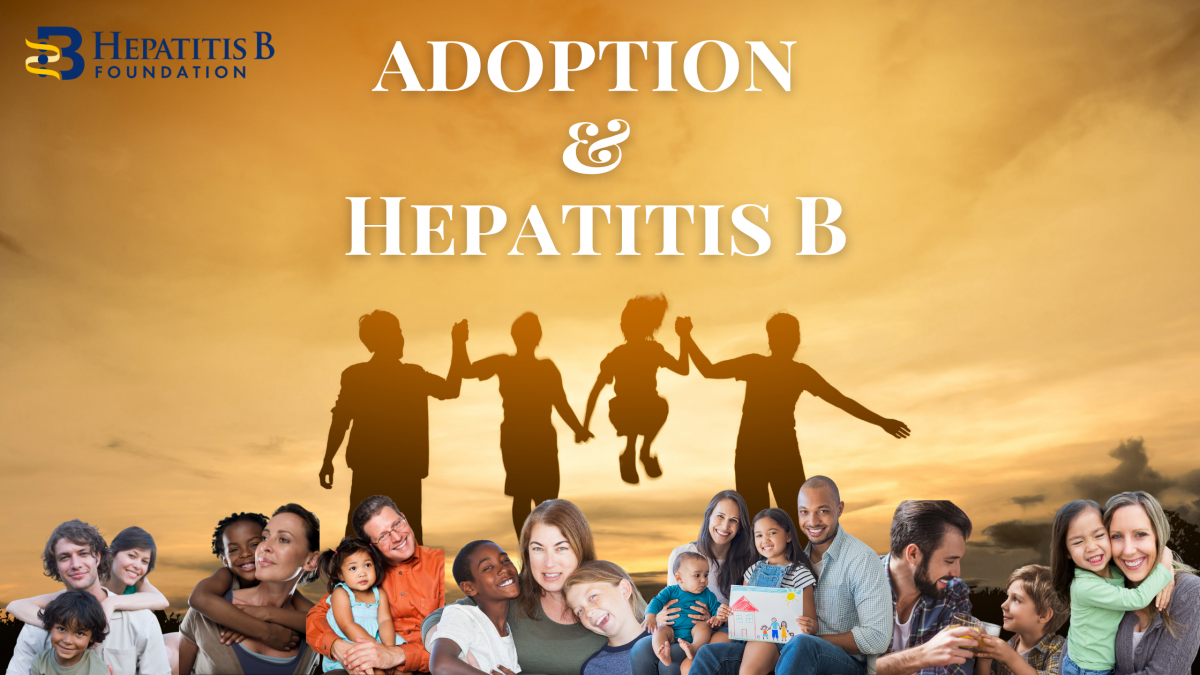
November is National Adoption Month! National Adoption Month’s ultimate goal is to increase national awareness of the need for permanent families for children and youth in the U.S. foster care system. Most importantly, this month acknowledges the birth families who make the difficult decision to give up their children for adoption, the foster families who care for children from various backgrounds, and the adoptive families who love and care for their adoptive children.
Adoption and Hepatitis B
Many people wish to adopt children from countries where hepatitis B infections are common: Asia, South America, Eastern Europe, and some parts of Africa. Children from these regions are often infected with the virus from their birth mothers who have hepatitis B and unknowingly pass the disease on to their children during delivery. In addition, many of these countries re-use needles for medications or blood tests, a practice that places children at risk if they have not already been infected at birth. It is advised that you do not request your child to be tested for hepatitis B in their birth country, since the blood test itself could be a source of infection.
Domestic adoptions also present some risk to potential adoptees. Children born to women in high-risk groups could have been infected with hepatitis B at birth. In addition, children from group homes are at increased risk for hepatitis B infection.
Many children who have hepatitis B do not have symptoms of the viral infection. This makes it difficult for adoptive parents to know their child is sick without a blood test! This simple 3-part blood panel will inform you if your child has an active infection, had a previous infection and recovered, has “immunity”, or needs a vaccine. The good news is that your adoption agency should be able to tell you if a child has been tested for hepatitis B. If you have questions or concerns about the test results please contact us to speak with our knowledgeable staff. We can also refer you to a parent who has adopted a child with hepatitis B.
Finding out that the child you wish to adopt has chronic hepatitis B can be upsetting, but should not be cause for alarm or stopping an adoption. We hope that a hepatitis B diagnosis will not change your decision to adopt a child. You can be reassured that most children with hepatitis B will enjoy a long and healthy life. Hepatitis B does not usually affect a child’s normal growth and development, and there are generally no physical disabilities or restrictions associated with this diagnosis.
Reference
https://www.hepb.org/treatment-and-management/children-with-hepatitis-b/adoption/
Author: Evangeline Wang, Program Coordinator
Contact Information: info@hepb.org

